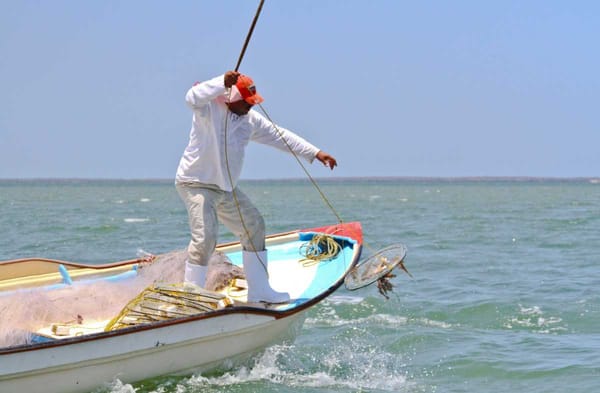Mexico suffers from a forensic crisis and must be considered a crime against humanity: NGO
The finding in the Mexican state of Jalisco of more than 300 bodies in refrigerated containers in September 2018 must go beyond international bodies as it could be classified as a crime against humanity, several NGOs said Wednesday.

The finding in the Mexican state of Jalisco of more than 300 bodies in refrigerated containers in September 2018 must go beyond international bodies as it could be classified as a crime against humanity, several NGOs said Wednesday.
The discovery "made visible the deep forensic crisis" of Jalisco, which is part of the incineration of bodies, with participation, authorization, and responsibility of state and municipal authorities indicated the Justice Center for Peace and Development (Cepad) and the Foundation. Heinrich Böll.
In the presentation of the report "Incinerations of unidentified bodies", Cesar Perez, Cepad, accused the authorities of the state of "indolent" and "criminal" to have unidentified bodies while there are those who for years seek their missing relatives.
He indicated that the degree of impunity "has led us to these extremes" and stated that this report will be sent to the representative in Mexico of the United Nations High Commissioner for Human Rights (UN-DH), Jan Jarab, to be resumed by international organizations.
Anna Karolina Chimiak, from Cepad, reported that from 2006 to 2018 in Jalisco, 1,581 unidentified bodies were incinerated, without a scientific test for their subsequent identification.
The discovery of corpses "stacked and treated in a degrading manner" in refrigeration chambers was one of the "serious consequences and evidence of the omissions, negligence and human rights violations" of recent years by state authorities, he complained.
Chimiak noted that the Jalisco Institute of Forensic Sciences has shown "serious inconsistencies" in its reports and "has hidden and eliminated information" transcendent.
Two relatives of the disappeared, Rosario Cervantes and Ana Enamorado, offered their testimony before these serious omissions during the presentation of the report.
Cervantes said that with the incineration of bodies "kill the hope of being able to find them" and "deny them the possibility of recovering at least a piece to rest and have peace, the State contributes and becomes an accomplice of the disappearances".
While Enamorado said that the authorities told him, at some point, that they did have their son "but the body was not there, besides that body had already been incinerated".
The president of the Executive Commission of Attention to Victims (CEAV) of Mexico, Jaime Rochín, reported a month ago that he will review the forensic handling of bodies after the abandonment of two containers with corpses in the western state of Jalisco
The initiative aims to develop a diagnosis of the forensic institutes and expert services of the country on the conditions of handling and storage of unidentified corpses.
Rochín insisted that it is urgent to standardize processes and protocols for the identification and care of bodies throughout the country in which the problem of forced disappearance is increasing.
The revision was decided following the discovery of two refrigerated containers with more than 300 corpses abandoned in September 2018.




